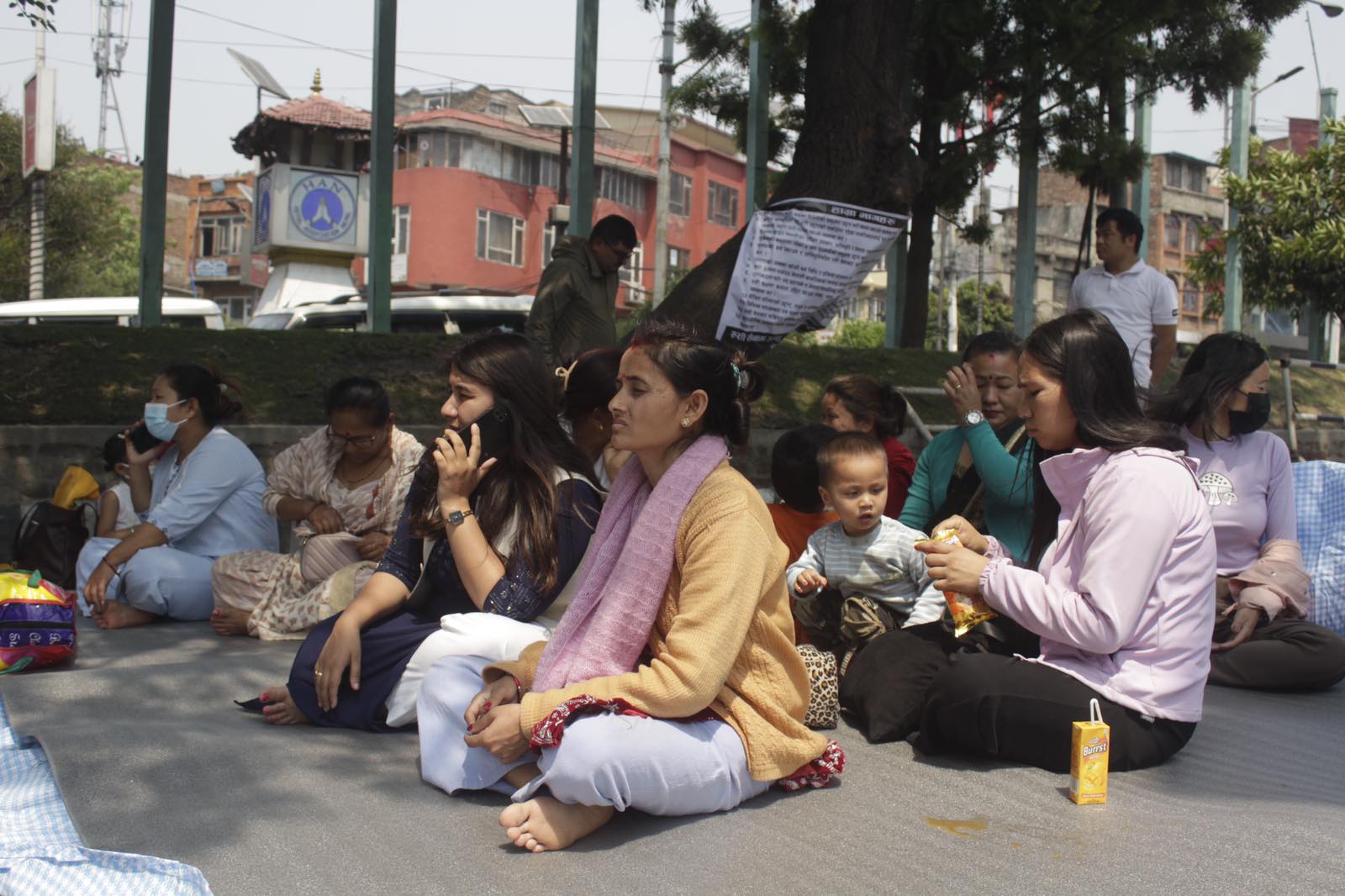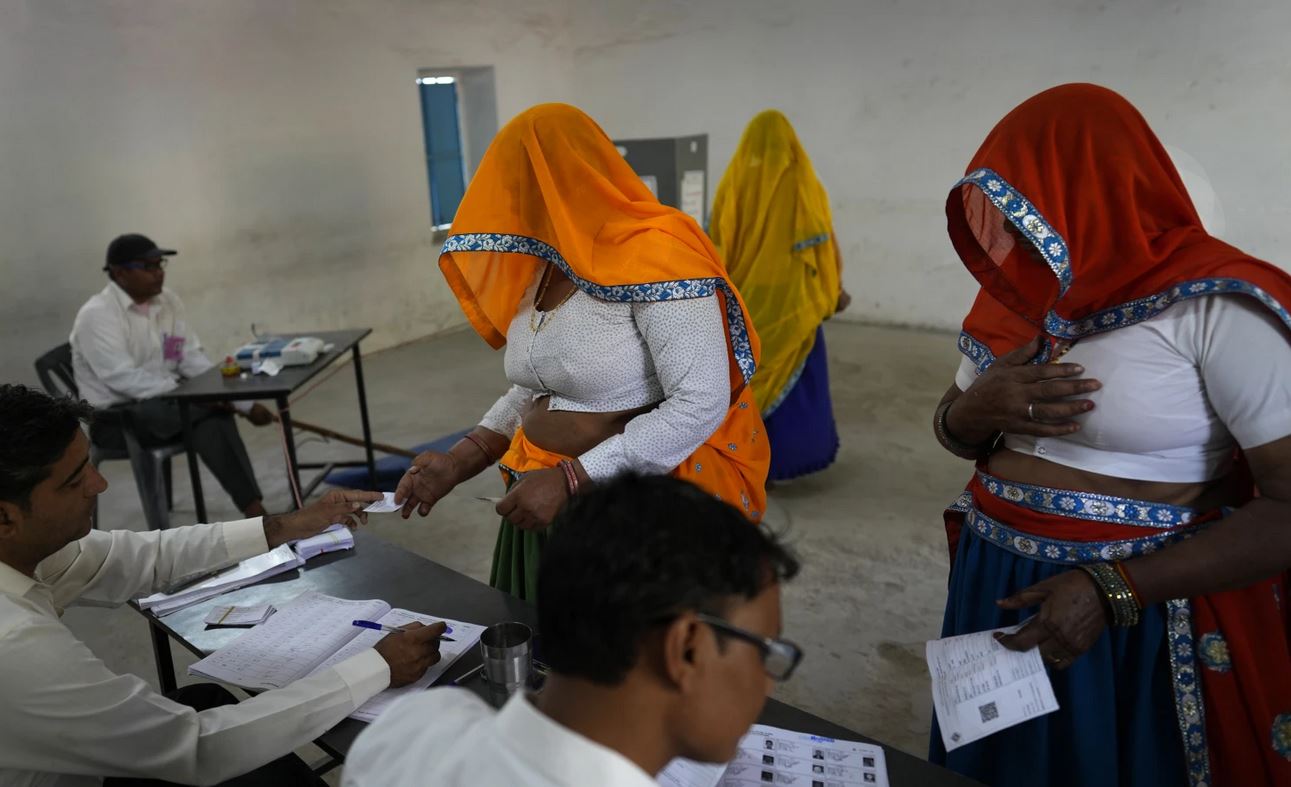
OR
Implement new Muluki codes with wisdom and patience
Published On: August 19, 2018 01:25 AM NPT By: Republica | @RepublicaNepal
Friday, August 17, 2018 will mark a new era in Nepal’s legal history. This day, the country has made a sharp departure from the old Muluki Ain, based mainly on Muluki Ain Jung Bahadur Rana introduced in 1853 with amendments on it in the later date. With the enforcement of Criminal Code and Criminal Procedure Code and Civil Code, Civil Procedure Code, Nepal has not only formally bidden adieu to the old civil and criminal laws, some of whose contents were flawed and had become outdated, but also embarked on new era of legal system for the young republic. The codes, however, have not been received well by all sections of the society. It has raised fears and concerns about freedom of press and the possibility of the legal codes being misused. The state needs to review if the new provisions laid in civil and criminal codes indeed raise such possibility and amend them, if necessary.
Possibility of curtailment of freedom of press has remained a pressing issue. Provisions in the Criminal Code state that violation of individual’s right to privacy can result in up to three years of imprisonment and fines in thousands of rupees. Listening to or recording a conversation between two or more people and photographing any individual without their consent have been categorized under criminal offence, with the person found to have committed this act being liable to face one year in prison and a fine of Rs 10,000 or both. Similar concerns have been raised by medical community for a medical practitioner can face a charge similar to that of a murder if patients lose their lives due to negligence of doctors during treatment. If “reckless treatment” leads to a patient’s disability, the medical practitioner could be sentenced for three years besides a fine. Nepal Medical Association, the umbrella body of doctors across the country, has protested against these provisions and drawn the attention of the government to rectify these clauses.
The new laws also contain the most progressive provisions which, upon full implementation, could be instrumental in correcting years of wrong practices institutionalized in the name of religion or tradition. The new laws have criminalized Chhaupadi, the practice of banishing women from their homes during menstruation. A person forcing a woman or a girl to practice Chhaupadi will face three months of jail and Rs 3,000 fine or both. It has also for the first time criminalized enforced disappearance, match-fixing in sports and dowry among others. The laws have provision of life imprisonment for heinous crimes such as killing after torture, murder after rape, genocide, murder after kidnapping, killing after hijacking or blowing up airplane or killing through poisoning. Likewise, environmental pollution and public land encroachment have been criminalized and so have been obstruction of public road and disruption of public services. These are the good provisions. However, the legal experts have pointed to the implementation challenges. Indeed, since the new codes contain a number of new provisions implementing them will obviously become a challenging undertaking. The Supreme Court will have a crucial role to play in interpreting and clarifying the provisions and sorting out the contradictions. We will know how progressive, challenging or contradictory our laws are only during the course of implementation. People are right to be worried, for the new codes have created an environment of fear and confusion. Wisdom of the state lies in implementing them and proving through actions that the laws of the land are meant to safeguard the rights of the citizens.
You May Like This

Nepal must amend its new criminal code to guarantee press freedom: RSF
KATHMANDU, Aug 18: Reporters Without Borders (RSF) has called the Nepali government to amend several articles in the new criminal... Read More...

New Muluki codes take effect from today
KATHMANDU, Aug 17: A new set of laws to replace the one-and-a-half centuries old Muluki Ain (Civil Code) that introduces... Read More...

Just In
- Indians vote in the first phase of the world’s largest election as Modi seeks a third term
- Kushal Dixit selected for London Marathon
- Nepal faces Hong Kong today for ACC Emerging Teams Asia Cup
- 286 new industries registered in Nepal in first nine months of current FY, attracting Rs 165 billion investment
- UML's National Convention Representatives Council meeting today
- Gandaki Province CM assigns ministerial portfolios to Hari Bahadur Chuman and Deepak Manange
- 352 climbers obtain permits to ascend Mount Everest this season
- 16 candidates shortlisted for CEO position at Nepal Tourism Board






_20220508065243.jpg)











Leave A Comment